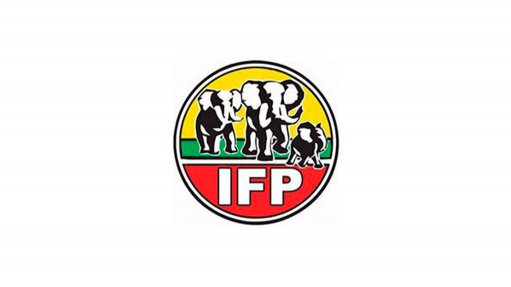
Honourable Chairperson,
In 1993, as the Interim Constitution was being finalized and before the first draft went before plenary for approval, the IFP had noted that no provision had been made for provinces in the interim period between 1994 and 1999.
It was in fact, the IFP that insisted and was successful in ensuring that parliament reconvene in March of 1994 to not only entrench provinces for the interim period but also to amend powers of the Constitutional Assembly which at the time sought to reduce provincial powers.
It is trite knowledge that the entire notion of provincial constitutions originated from IFP proposals, contributions and position papers.
In short Honourable Chairperson, we would not be having this debate today if it were not for the IFP holding out against a then ANC position which was strongly in favour of full centralization of power at the expense of any significant measure of provincial autonomy.
It was our Dr Mario Oriani-Ambrosini who negotiated the list of provincial powers accorded to provinces in terms of the Constitution with Mr Valli Moosa.
Mr Moosa at the time was quietly confident that he could accede to many of Dr Ambrosini’s list of provincial power demands as he was under the impression that the Constitutional Assembly would simply claw back the concessions at a later stage, which would have been the case had the IFP not forced the new language of Constitutional Principle XVIII.
Honourable Chairperson, it is vital that governance occurs close to the people. Ivory towers of centralised government are despotic relics of the past. Democratic governance requires a form of co-governance together with the people.
Decentralization of power is not only an effective check and balance against abuse of power but also ensures that provincial, district and community needs are identified and met. The IFP fully supports a government that is close to the people and works together with them in partnership in building a sustainable and prosperous future.
In terms of caveats, we have only one - that there are perhaps too many municipalities and a reduction in this instance could be looked at, a reduction but never a cessation and centralization of power.
Municipal Independent Development Plan’s must become the process and lense through which not only a short five year, politically influenced and subject to change plan is actioned but rather inform an ongoing process where together with local government, our communities can identify their “True North” long term plan and visions for that which they need and require, to not only survive, but also to thrive in their respective towns and communities.
In conclusion, the IFP will continue to support a model of provincial and local government structures, where communities working together with government will determine their futures.
I thank you.